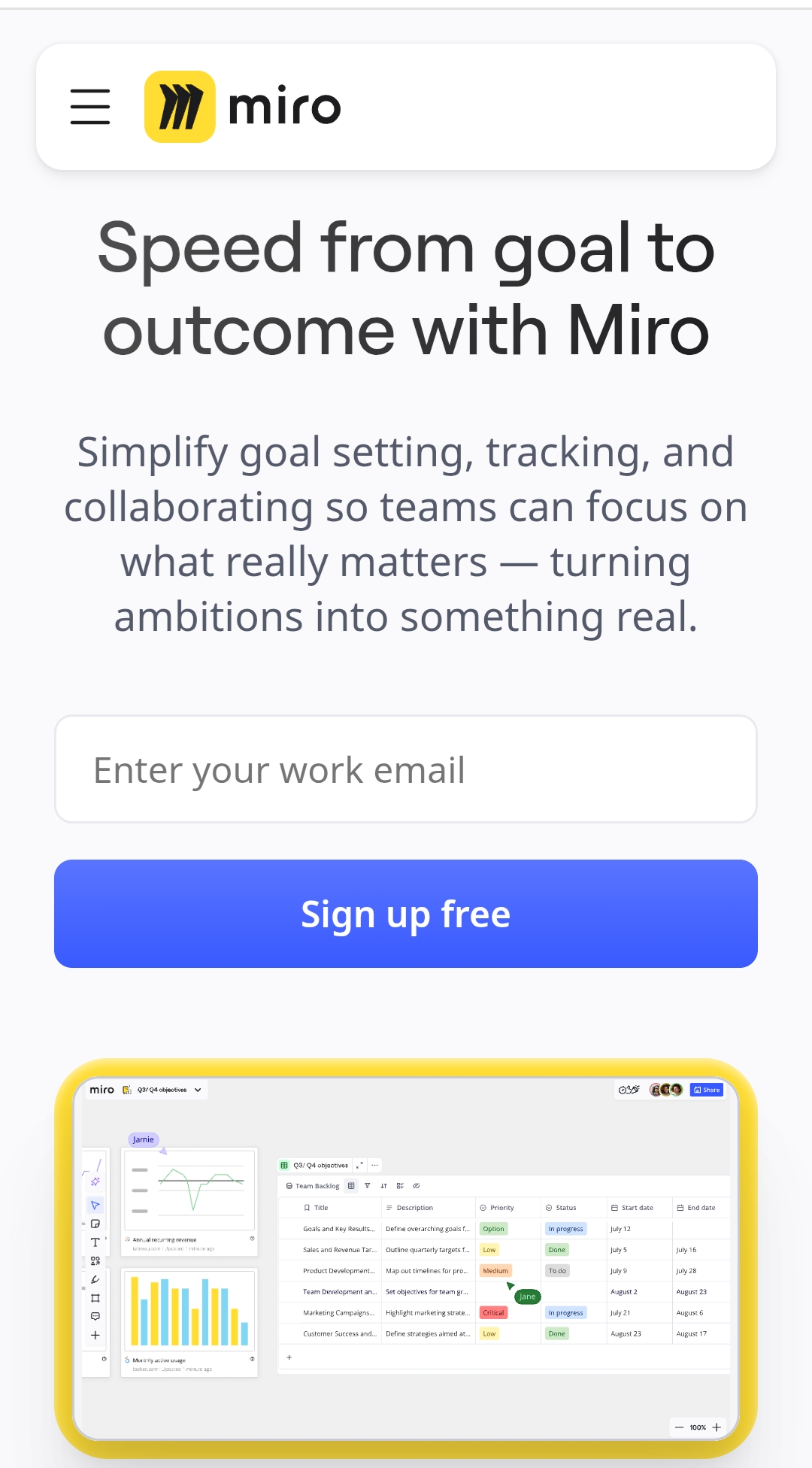Description
This course is designed to teach you the foundations in order to write simple programs in Python using the most common structures. No previous exposure to programming is needed. By the end of this course, you’ll understand the benefits of programming in IT roles; be able to write simple programs using Python; figure out how the building blocks of programming fit together; and combine all of this knowledge to solve a complex programming problem.
We’ll start off by diving into the basics of writing a computer program. Along the way, you’ll get hands-on experience with programming concepts through interactive exercises and real-world examples. You’ll quickly start to see how computers can perform a multitude of tasks — you just have to write code that tells them what to do.
What you will learn
Hello Python!
In this module we’ll introduce you to the Coursera platform and the course format. Then, we’ll dive into the basics of programming languages and syntax, as well as automation using scripting. We’ll also introduce you to the Python programming language and some of the benefits it offers. Last up, we’ll cover some basic functions and keywords of the language, along with some arithmetic operations.
Basic Python Syntax
In this module you’ll learn about different data types in Python, how to identify them, and how to convert between them. You’ll also learn how to use variables to assign data and to reference variables. You’ll deep dive into functions: how to define them, pass them parameters, and have them return information. You’ll explore the concepts of code reuse, code style, and refactoring complex code, along with effectively using code comments. Finally, you’ll learn about comparing data using equality and logical operators, and leveraging these to build complex branching scripts using if statements.
Loops
In this module you’ll explore the intricacies of loops in Python! You’ll learn how to use while loops to continuously execute code, as well as how to identify infinite loop errors and how to fix them. You’ll also learn to use for loops to iterate over data, and how to use the range() function with for loops. You’ll also explore common errors when using for loops and how to fix them.
Strings, Lists and Dictionaries
In this module you’ll dive into more advanced ways to manipulate strings using indexing, slicing, and advanced formatting. You’ll also explore the more advanced data types: lists, tuples, and dictionaries. You’ll learn to store, reference, and manipulate data in these structures, as well as combine them to store complex data structures.





